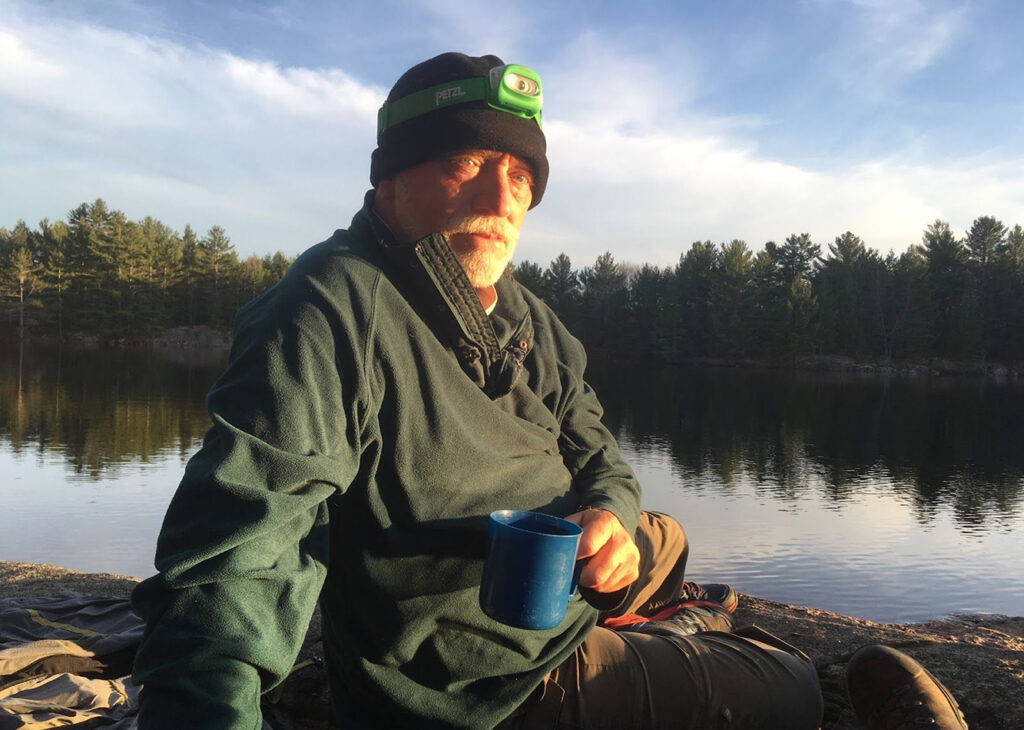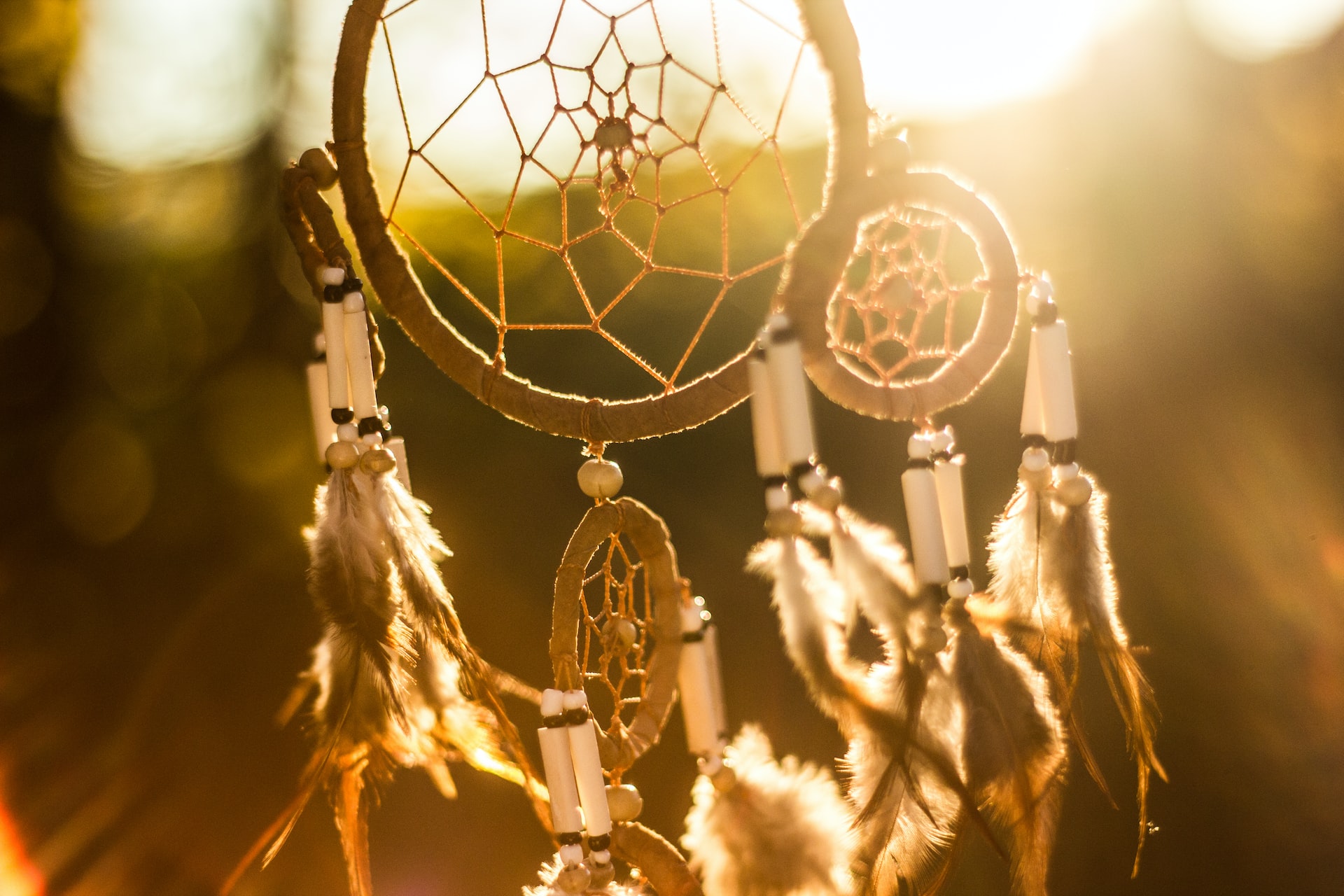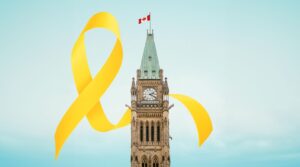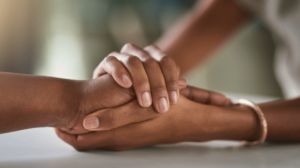Do you remember the horrendous reports of Indigenous, Inuit and Métis youth suicides? Native healers and government interventions have stemmed the losses however, the underlying causes remain unchanged and a significant portion of Canada’s population is woefully underserved. As vulnerable youths become young adults, they will need other mental health supports.

The human costs …
Suffering from racism, stereotypes, ignorance, and devastated by historical government interventions, Indigenous people in Canada deal with serious challenges regarding mental illness and inadequate health care services.
Indigenous on reserves are twice as likely as the non-Indigenous population to experience major depression and other mental illnesses. An archived Statistics Canada survey found 16% of First Nation adults living on reserve experienced major depression, compared to 8% of the Canadian population. First Nations youth are nine times more likely to experience mental health problems than their Canadian peers, according to the Library of Parliament
The British Columbia Aboriginal Survivors Study found only two of 127 residential school survivors to be free of mental illness, 30.4% experienced a major depressive episode, 26.1% chronic depression and 64.2% post-traumatic stress disorder (PTSD).
Each of these disorders is a risk factor for suicide. Statistics Canada reports that suicide rates among First Nations youth are five to seven times that of non-Indigenous youth and Inuit youth at a rate of eleven times greater. First Nations men die by suicide 2.4 times the national average and women five times.

The needs …
Centuries of victimization through colonization, residential schools, child welfare programs (including the Sixties Scoop), and intergenerational trauma have led to these mental health challenges, higher rates of suicide, and substance abuse. These are compounded on reserves and in isolated communities by the lack of housing, food security, and clean water essential for mental well-being. Further, the struggle to hold onto traditions in the face of overwhelming Western values and thinking worsens the plight.
However, research has found youth in communities with a high level of cultural continuity are less likely to die by suicide.
But the pandemic has further isolated Indigenous youth and those in the lesbian, gay, bisexual, trans, queer and Two-Spirit (LGBTQ2S) community. They are more likely to experience mental health issues such as depression and anxiety.
Approximately 37% of female and 18% of male youth living on-reserve reported they felt sad, blue or depressed for two weeks or more in a row in the previous twelve months. This is worsened given mental wellness services are now via virtual and telehealth media, since many remote communities struggle with limited connectivity.

Embracing traditional healing …
Holistic Indigenous healing interconnects family, community, spirituality, and nature. In Indigenous communities, wellness is about balance and harmony. The focus is on strengths not weaknesses, along with a sense of control over one’s own health. Individuals may avoid Western mental health and addiction treatment for fear of being stigmatized.
Indigenous treatment may include traditional teaching, spiritual practices like ceremonial prayers and songs, sacred remedies such as tobacco, sweet grass, or sage, healing circles, sweat lodges, and consulting with elders or healers. Ideally, these practices could be pursued in combination with contemporary mental health interventions.
Toronto’s Centre for Addiction and Mental Health (CAMH) recently launched Shkaabe Makwa. (Spirit Bear Helper) This is an Indigenous-led hospital centre incorporating traditional healing to improve healthcare services for First Nation, Inuit and Métis members.

Still, mental health care gaps remain for young adults in the Indigenous community …
The federal government has recognized the gaps and needed changes identified by research projects and has been working with First Nations organizations to address disparities in mental health care and expand access to public health. The government has “committed to instilling a zero-tolerance approach to racism against Indigenous peoples across all healthcare systems in Canada.”
In addition, the National Collaborating Centre for Indigenous Health (NCCIH) was established in 2005 “to support First Nations, Inuit, and Métis public health renewal and health equity through knowledge translation and exchange.”
Still, there remains a severe lack of mental health services available to this vulnerable population. Blatant disparities separate Canada’s Indigenous from non-Indigenous. While provincial systems continuously improve healthcare outcomes through increasingly objective empirical evidence; Indigenous healthcare remains subjective and data deficient.
The groups which face the greatest risks of suicide are those with the least access to state-of-the-art health services.
As a result of Canada’s Truth and Reconciliation Commission, compensation was awarded to survivors (and their families) of residential schools. Several of the 94 Truth and Reconciliation Commission Calls to Action specifically address the injustices and inequities suffered by Indigenous peoples. While the commission resulted in specific healthcare calls to action and some progress has indeed been made, First Nations peoples continue to wait. Meanwhile, mental health crises continue relentlessly in Indigenous communities.

The hope …
Eli’s Place could fill a gap for vulnerable young adults with serious mental illness. Our long-term vision is to incorporate traditional healing practices with contemporary therapies on a working farm so those living with serious mental illness can recover, grow and thrive.
Eli’s Place will be a rural, residential treatment program for young adults with serious mental illness. To learn more about our mission and our proven-effective model click here.

Richard Childs | Eli’s Place Volunteer
Father of the late Lucas, outdoors person, haiku and technical writer, and facilitator of organizational change. Grateful volunteer helping Eli’s Place come to fruition to save and enable young adult lives.




